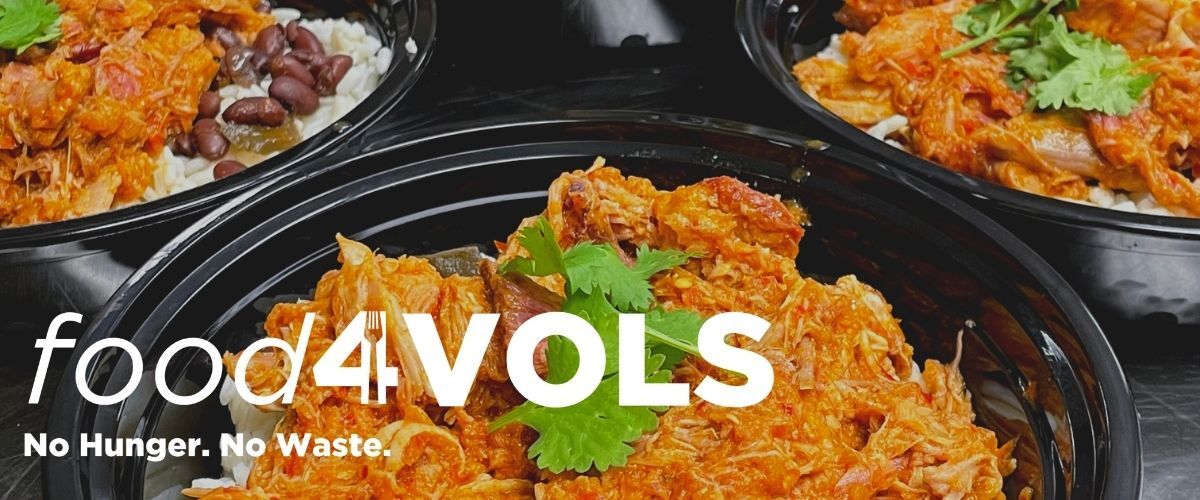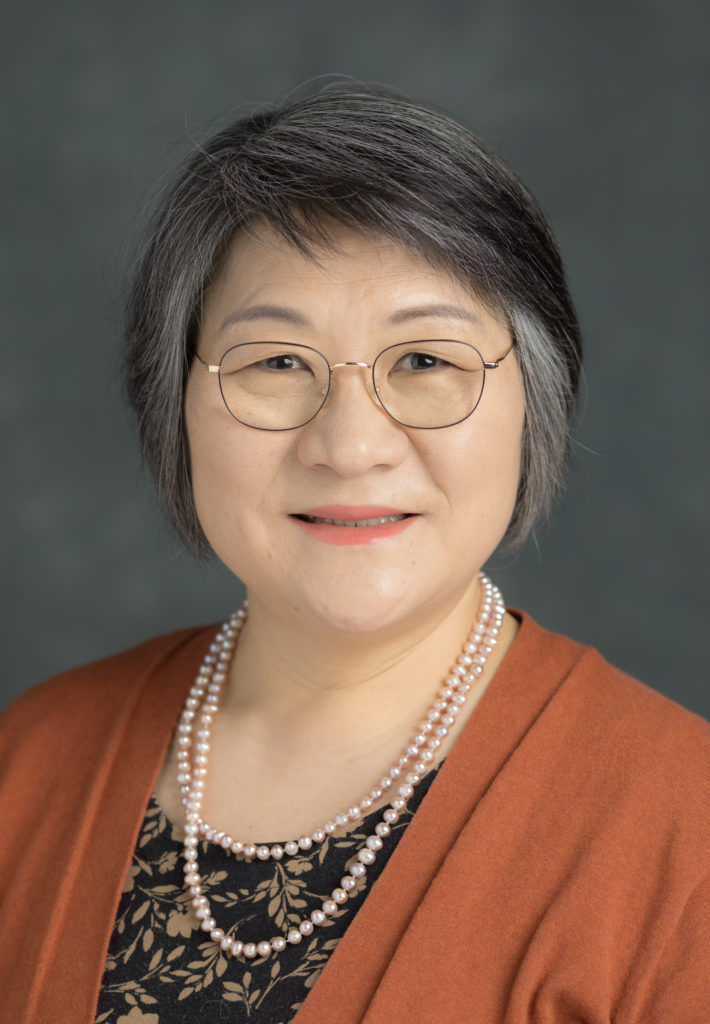Junehee Kwon, professor and head of the Department of Retail, Hospitality, and Tourism Management (RHTM) in the University of Tennessee, Knoxville (UT), College of Education, Health, and Human Sciences, leads two research teams with federal and private funding sources. One team received a $740,000 grant from the United States Department of Agriculture (USDA) to develop a food security certificate program. Earlier, Kwon also led a team of UT researchers including Marsha Spence, Jacqueline Yenerall, and Tyler White to secure a $50,000 grant from the Danone Institute of North America (DINA) to learn more about food and nutrition insecurity on the UT campus.
With the USDA grant, Kwon will work with researchers from the University of South Carolina and Montana State University to increase food security education for college students, while finding practical solutions to food insecurity on their campuses. The team will develop food upcycling programs at the collaborating universities using UT’s food4VOLS as a model.
“We are very excited to receive both grants to conduct food security research and to develop an academic program to increase food security education in three universities,” Kwon stated. “The goal of the USDA Higher Education Challenge Grant is to develop a multidisciplinary certificate program across each campus. I am excited to work with the new College of Emerging and Collaborative Studies and faculty in related programs to build a food security certificate program at UT.”
According to the USDA Economic Research Service, roughly 33.8 million, or 10.2%, of Americans faced food insecurity in 2021. In the southeast, that number is even higher at 11.4%. However, those numbers pale when compared to the percentage of college students facing food insecurity on campus. For example, one study showed that one of three students on the University of Tennessee, Knoxville, campus might be considered food insecure. A 2017 study reported that nationwide, 14-59% of college students were food insecure at one time during their college careers.
To help address rising food insecurity on the UT campus, the University of Tennessee Culinary Institute in RHTM developed food4VOLS, to repurpose unused food into heat-and-serve meals to increase students’ access to food as well as to reduce food waste on campus. In 2022, food4VOLS recovered nearly 120,000 pounds of food from food service establishments on campus.
Tennessee Culinary Institute in RHTM developed food4VOLS, to repurpose unused food into heat-and-serve meals to increase students’ access to food as well as to reduce food waste on campus. In 2022, food4VOLS recovered nearly 120,000 pounds of food from food service establishments on campus.
In a distribution partnership with the Big Orange Pantry, an average of 350 meals were distributed daily to UT students in 2022. However, when considering an enrollment of over 33,000 students, it’s estimated that 10,000 students on the UT campus may be food insecure. When you do the math, 350 meals per day is a far cry from the students in need of a nutritious meal.
“The USDA grant allows the team to establish food upcycling programs in the University of South Carolina and Montana State University campuses using food4VOLS as a model,” said Kwon. “We will use these food upcycling programs for an experiential learning course for the food security certificate program.”
While food collection and distribution data are well known, less is known about food4VOLS’ reach, its ability to lower food insecurity, or the dietary quality of the meals being consumed by students.
“The Danone Institute of North America grant allows us to learn more about food and nutrition insecurity on the UT campus,” Kwon explained. “We also plan to increase food access points on the UT campus.”
With the grant from the DINA, the UT research team is utilizing a transdisciplinary approach to ascertain motivators of and barriers to utilizing the on-campus food upcycling program while evaluating the diet quality of users of the on-campus food upcycling program. At the end of the project, the team is planning to communicate lessons learned from this project with other scholars at public colleges and universities in the Southeast region of the U.S. through a symposium and academic manuscripts.
Kwon is hopeful that the information gathered and programs established by these funded projects will help reduce food insecurity on college campuses. By finding innovative and sustainable solutions that may be adopted by other colleges and universities, soon we may have fewer students on campuses in need of a nutritious meal.
“It is exciting to work with dedicated team members, without whom these grants would not have been possible. I appreciate their contributions, and I am very excited to conduct the research and to develop programs to mitigate campus food insecurity.”

